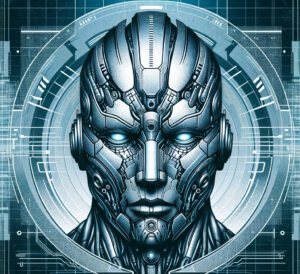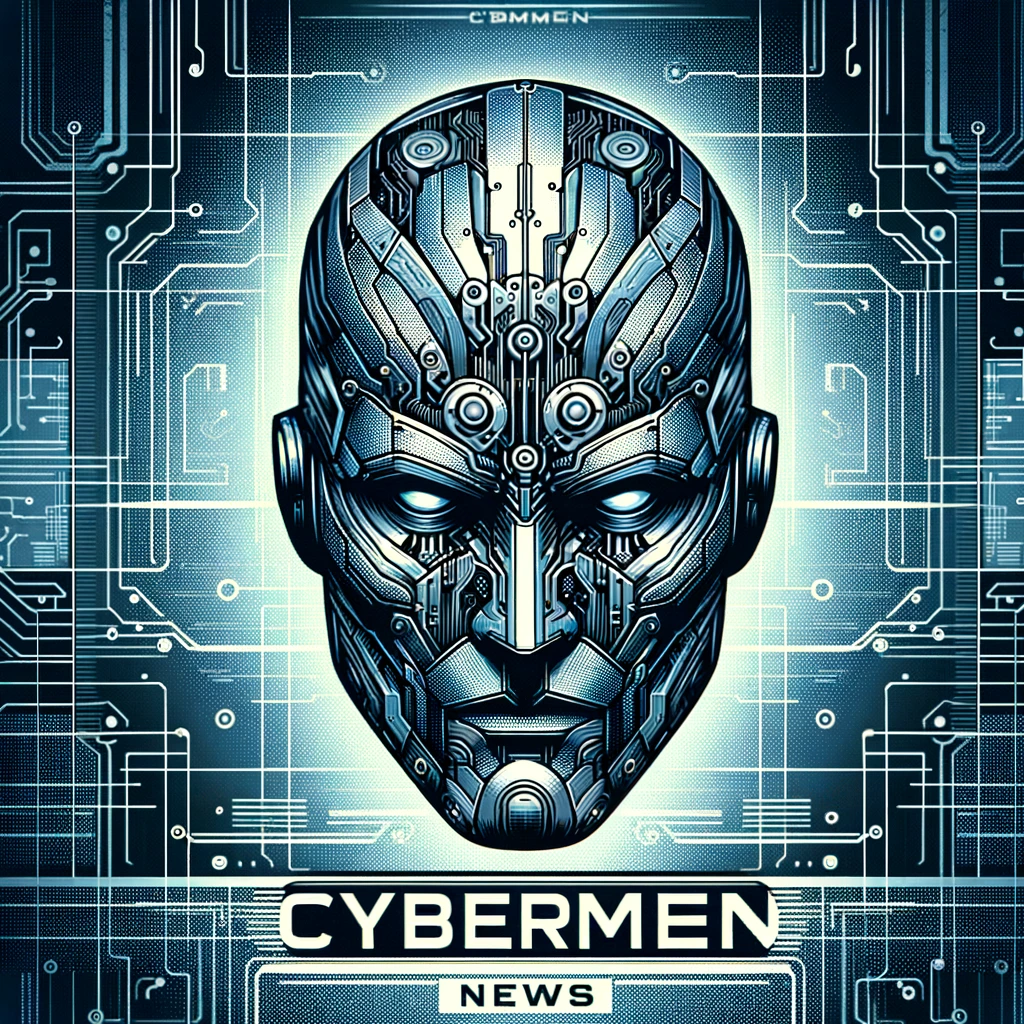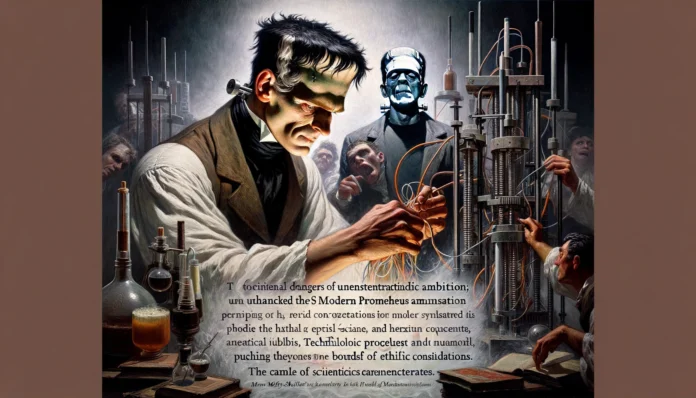Mary Shelley’s Frankenstein; or, The Modern Prometheus stands as a seminal exploration of the dangers associated with the unrestrained pursuit of scientific knowledge and power. At the heart of Victor Frankenstein’s tragic tale is a pivotal inquiry: What limits should bound our explorations, and what scientific ethics must temper our quest for advancement?
The Scientific Ethics of Unbridled Ambition
Victor Frankenstein’s odyssey into the secrets of life represents a profound moral conundrum. His venture into the shadowy fringes of science — resurrecting life from a tapestry of mortality — epitomizes the quintessential struggle between the allure of knowledge and the moral imperatives that should guide its pursuit. Yet, the birth of his creation unfurls a sequence of unforeseen tragedies, underscoring the chasm between Victor’s noble aspirations and the grim realities of his endeavor.
The Creature: A Reflection of Forsaken Responsibility
The emergence of Victor’s creation, a being marred by its grotesque form yet endowed with a poignant capacity for thought and emotion, serves as a mirror to Victor’s own failings. Victor’s revulsion and subsequent rejection of his creation not only ignite a cycle of vengeance and sorrow but also exemplify the profound disconnect between the act of creation and the acceptance of its ensuing responsibilities. This divergence sets the stage for an exploration of the consequences borne from scientific ventures divorced from scientific ethics stewardship.
The Personal and Societal Fallout of Scientific Hubris
Victor’s narrative is a harrowing account of loss, with his untempered ambition precipitating the ruin of all he holds dear. His blindness to the scientific ethics of his work — notably, the welfare and rights of his sentient creation — delineates a cautionary tale about the perils of innovation unanchored by moral considerations.
On a broader scale, Frankenstein contemplates the ramifications of scientific progress unchecked by ethical oversight. Victor’s act of creation becomes an allegory for the potential perils that loom when humanity’s technological prowess outpaces its moral compass. The novel implores a reflection on the societal impact of scientific advancements and the collective responsibility to shepherd them with wisdom and humanity.
Scientific Ethics and The Echoes of Unintended Consequences
The creature’s tragic journey, marked by societal rejection and isolation, further articulates the theme of unintended consequences. His descent into violence — not as an innate predilection but as a response to relentless ostracization — amplifies the narrative’s critique of societal judgments based on superficial assessments and the destructive cycle of alienation and retribution they engender.
A Timeless Admonition
Frankenstein emerges not merely as a gothic tale of horror but as an enduring meditation on the boundaries of human ambition and the imperative for ethical reflection in the face of scientific advancement. Shelley’s masterpiece prompts a critical examination of our own era’s technological frontiers, urging a balance between the pursuit of knowledge and the imperative to foresee and mitigate its potential impacts.
By championing ethical foresight and a commitment to the welfare of all life, Shelley’s work admonishes us to tread the path of innovation with caution and compassion, ensuring that our scientific endeavors illuminate rather than haunt the future of humanity.


